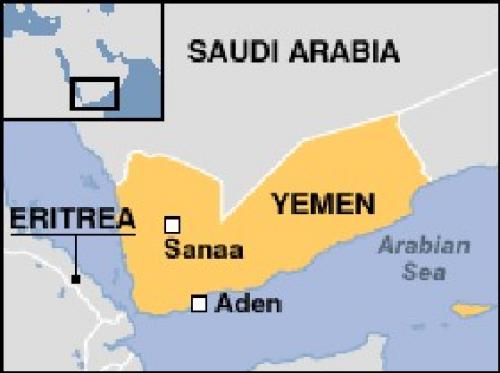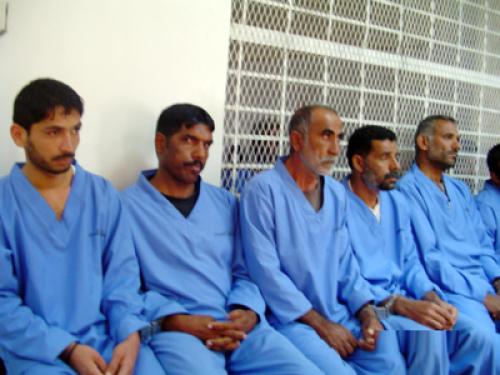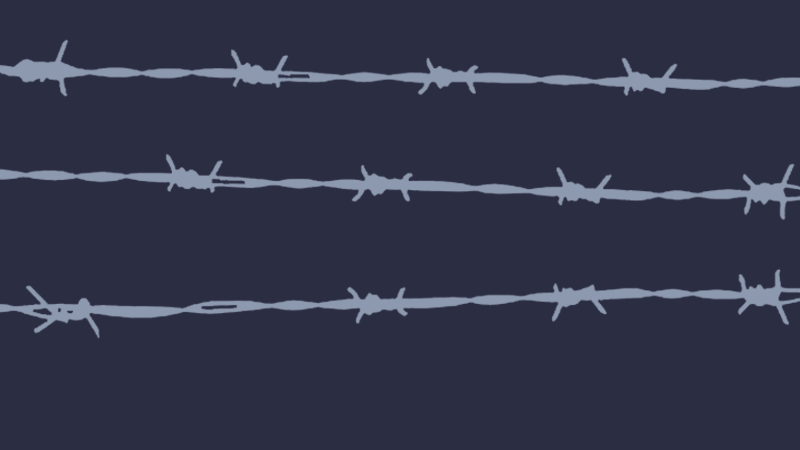government: republic
state of civil and political rights:
constitution: 16 May 1991, amended 29 September 1994 and February 2001
legal system: based on Islamic, Turkish and English law, and on local tribal customs
legislative system: a bicameral legislature consisting of a Shura Council and a House of Representatives
judicial system: Supreme Court
religion: Muslim majority including Shaf'i (Sunni) and Zaydi (Shi'a), small numbers of Jewish, Christian, and Hindu
death row: approximately 1.000
year of last executions: 0-0-0
death sentences: 12
executions: 7
international treaties on human rights and the death penalty:International Covenant on Civil and Political Rights
Convention on the Rights of the Child
Convention Against Torture and Other Cruel, Inhuman or Degrading Treatment or Punishment
Statute of the International Criminal Court (which excludes the death penalty) (only signed)
situation:
Yemen applies the death penalty for a wide range of offences including murder, drug trafficking, rape, sexual offences and speech or action against Islam.
Adultery is punished by death by stoning. Fornication, where the offender is not married, is punishable by 100 lashes under Articles 263 and 264 of the 1994 Penal Code. Articles 283 and 289 prescribe 80 lashes for the consumption of alcohol and slander.
Article 125 of the Code prescribes capital punishment for "anyone who committed an act with the intention of infringing upon the independence of the Republic or its unity or territorial integrity".
The new Penal Code made 18 the minimum age at which a person can be condemned to death. Yemen had been one of the few countries to execute minors in the 1990s, including a 13-year-old boy in 1993.
On August 3, 1998, a Presidential Decree stipulated that leaders and associates of gangs involved in kidnapping, banditry, stealing or looting public or private properties by force, face the death penalty. The law followed the kidnappings of more than 100 foreigners since 1992. The victims were mostly tourists and were by kidnapped by disgruntled tribesmen trying to press the government for better infrastructure in remote areas of the country or the release of imprisoned tribe members. Most hostages were released unharmed, but in 1998 four Westerners were killed when Yemeni security forces stormed a hideout where kidnappers were holding 16 hostages. Yemen has set up special courts to try kidnappers.
All Yemeni death sentences must be ratified by the President.
Executions are usually carried out in public by making the convicted person lie face down on the ground and shooting them with an automatic rifle.
At least 80 people were executed in 2001, at least 10 were put to death in 2002, at least 7 were shot in 2003, and at least 6 people were executed in 2004.
According to Amnesty International, 24 people were executed in 2005. In 2006 there were 30 executions and at least 15 in 2007.
On December 18, 2007 Yemen voted against the Resolution on a Moratorium on the Use of the Death Penalty at the UN General Assembly.













